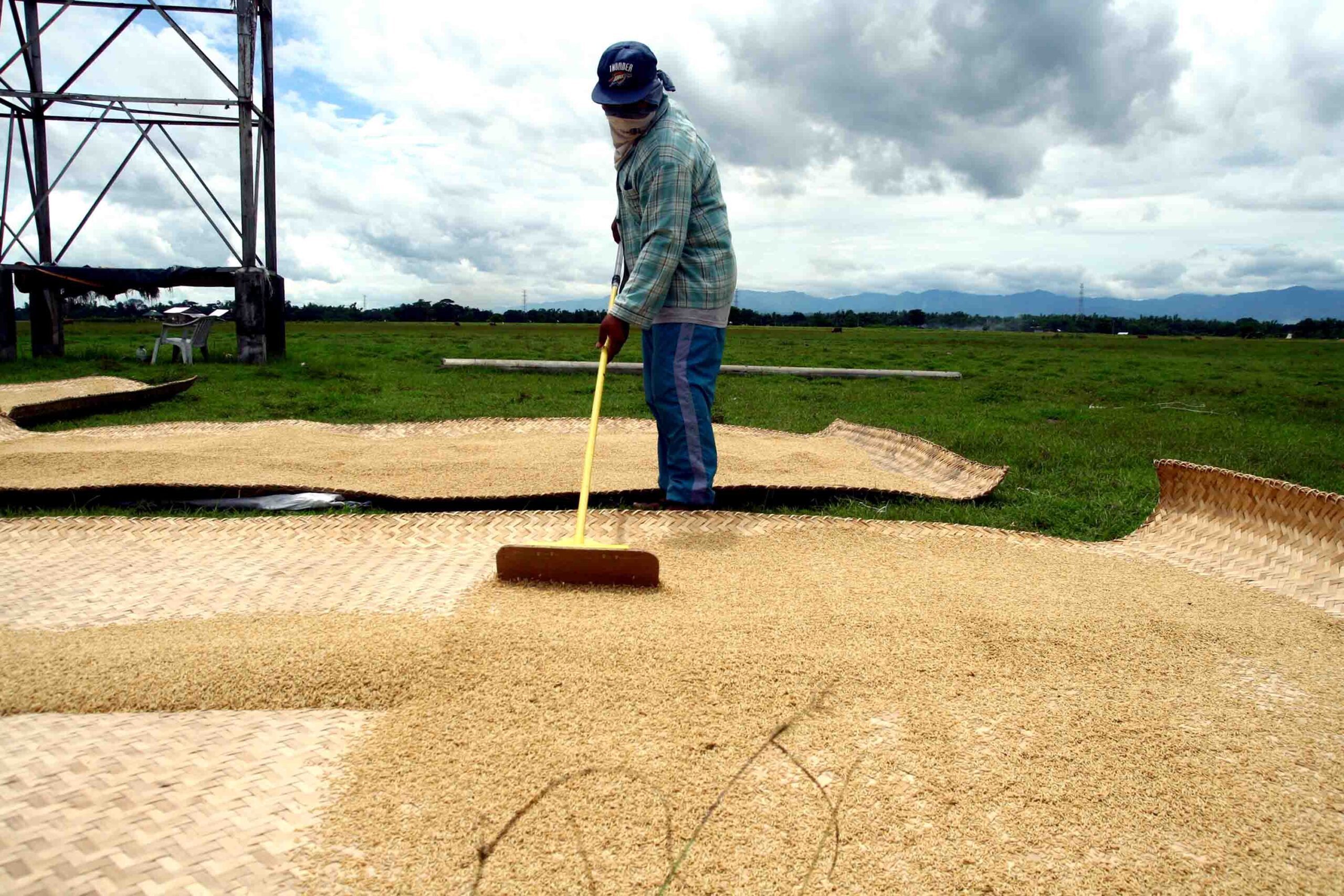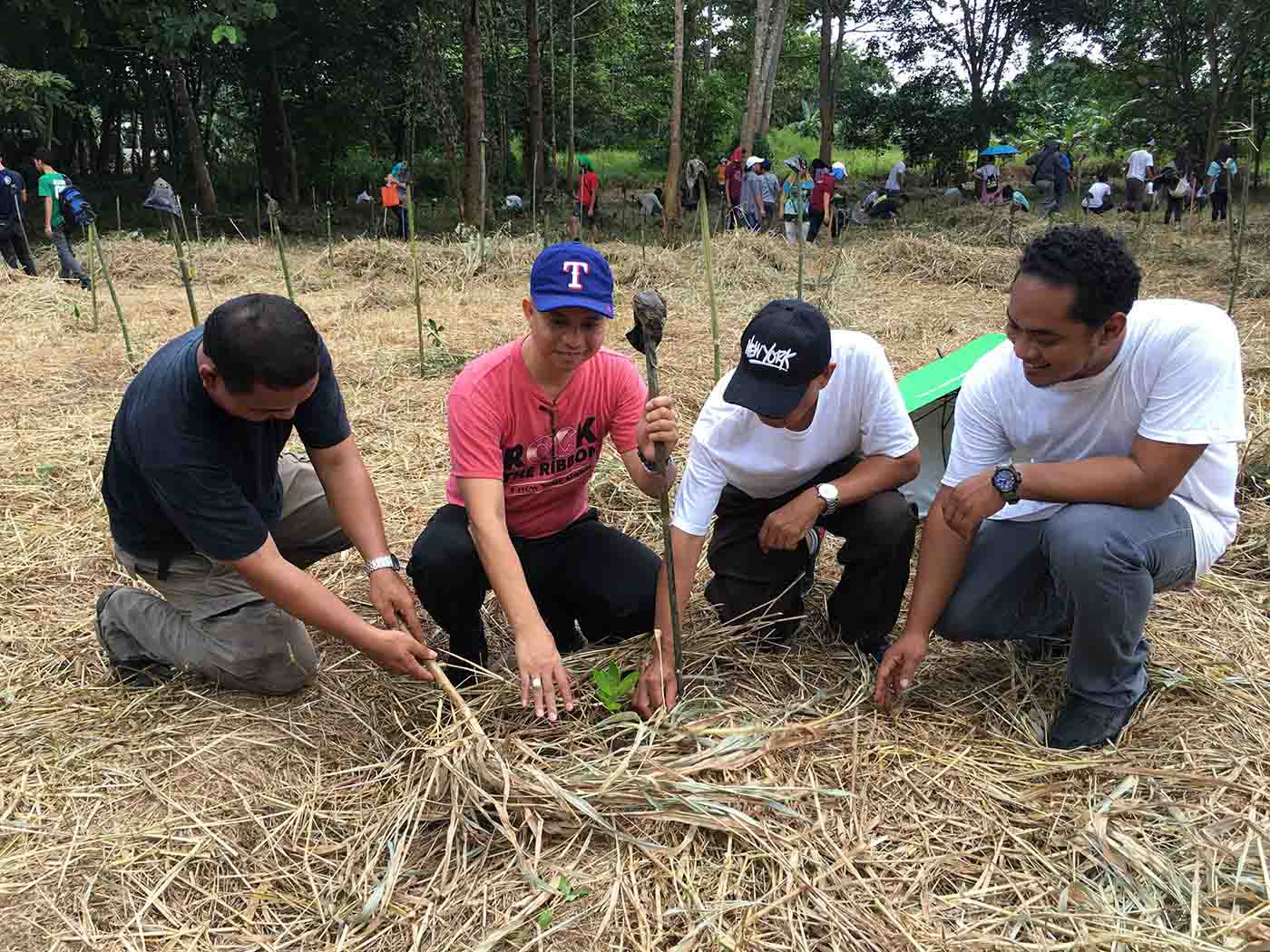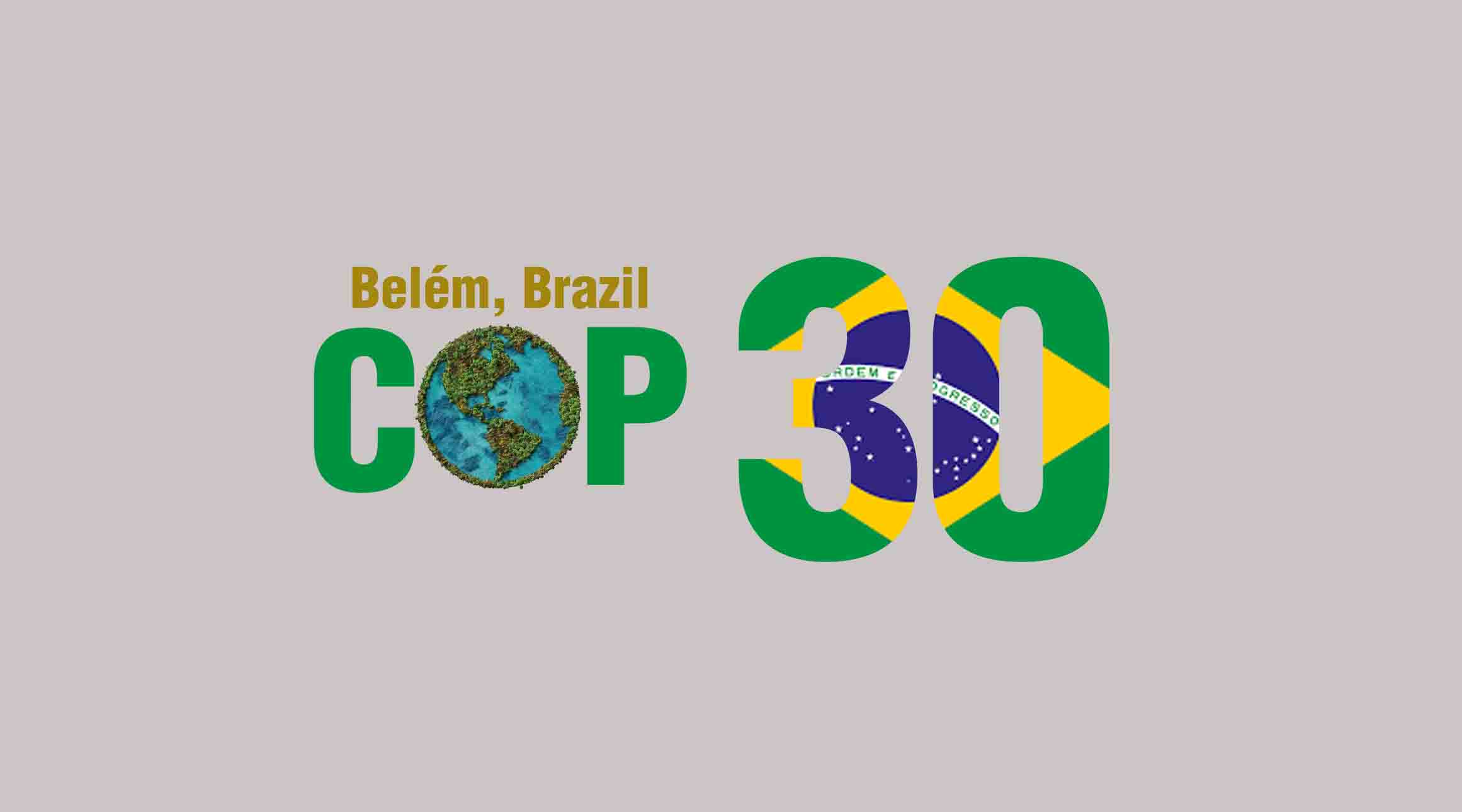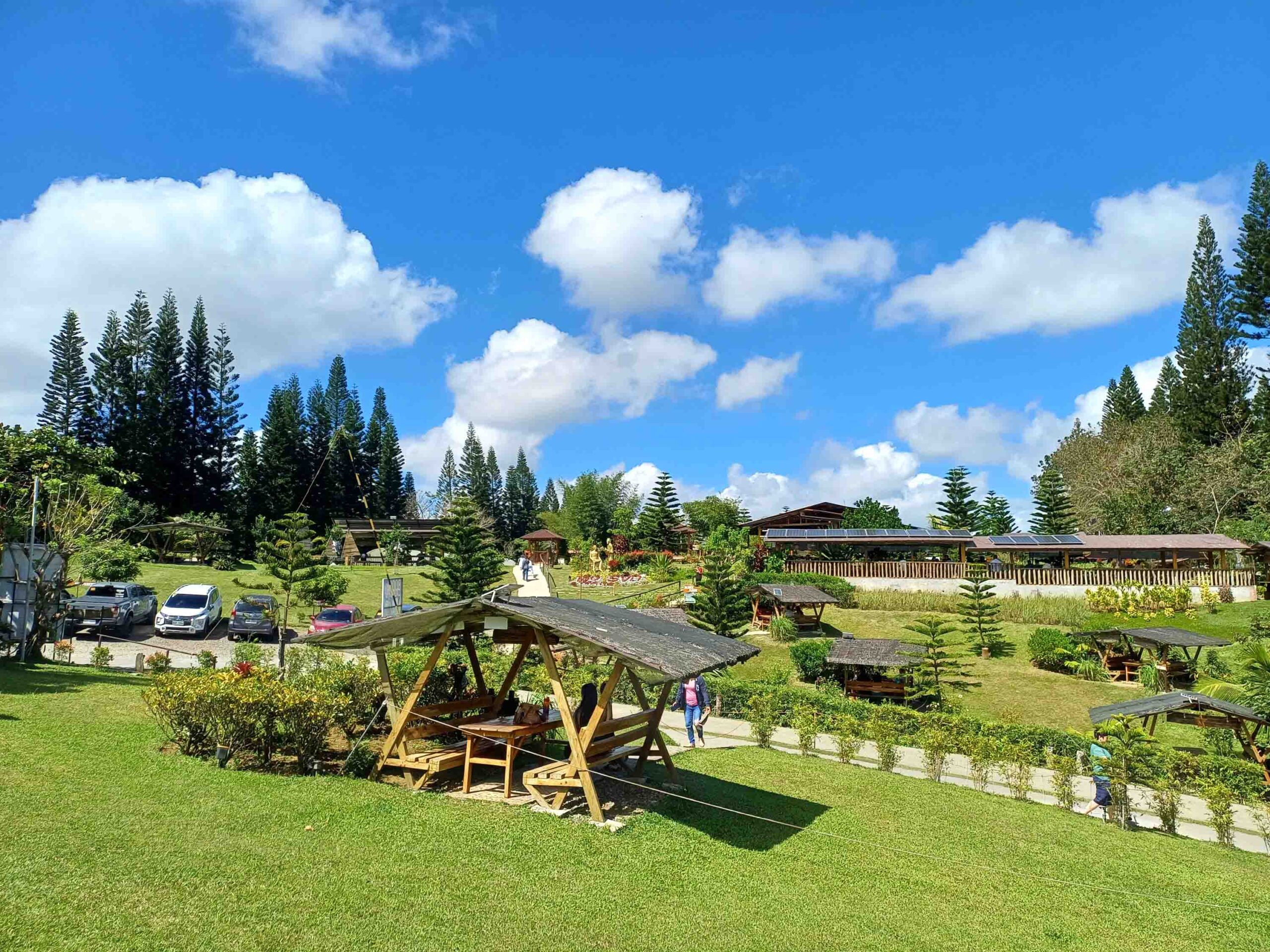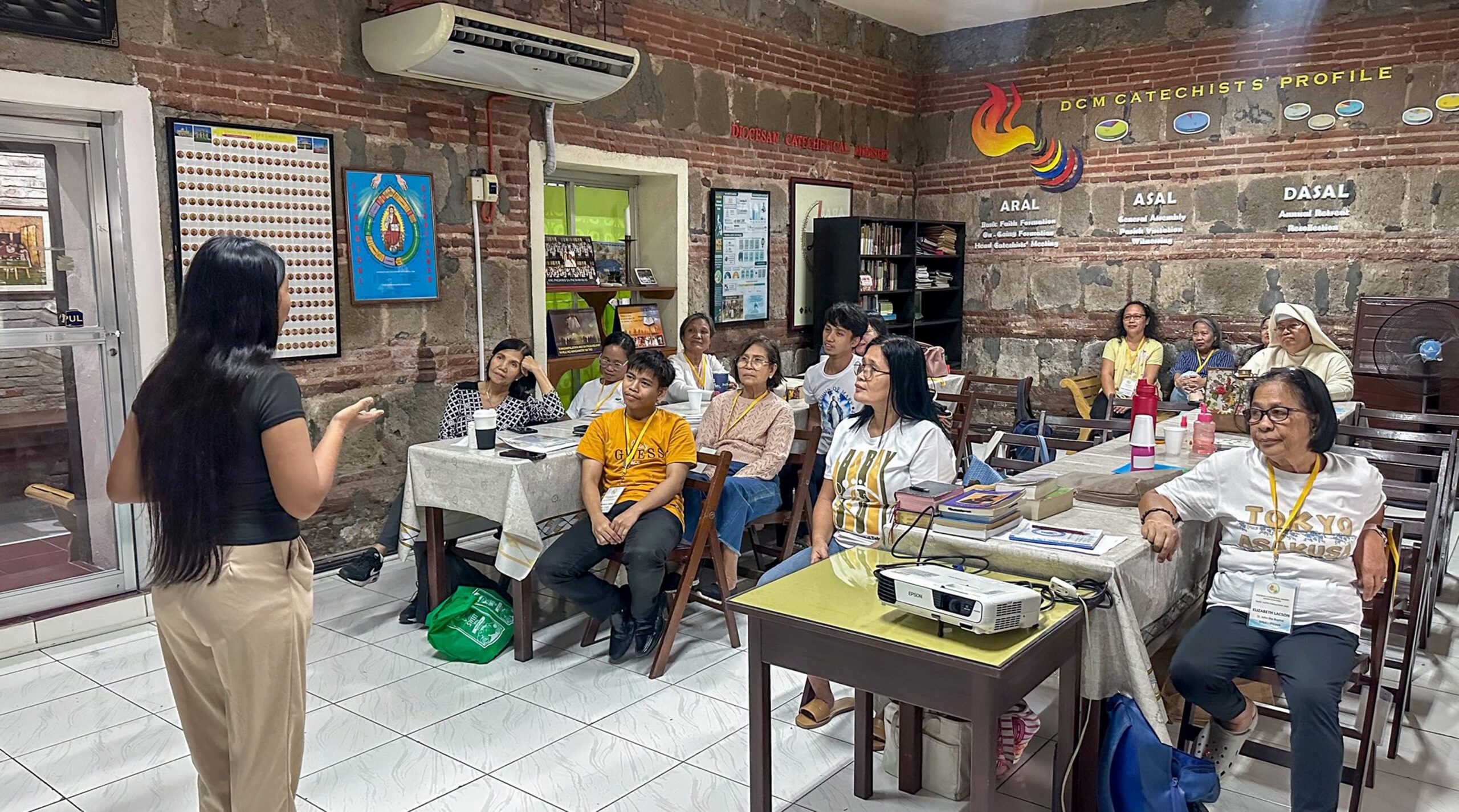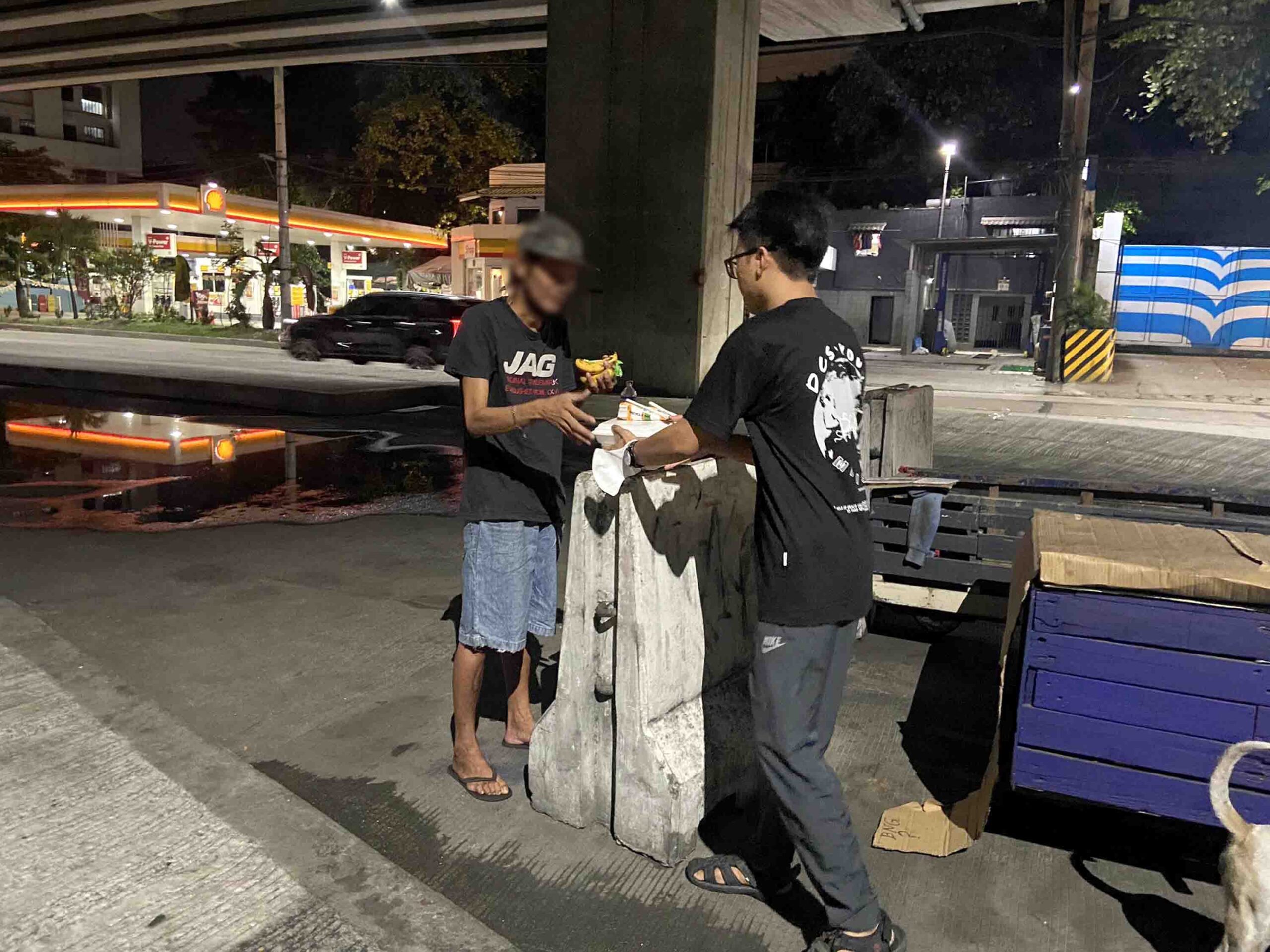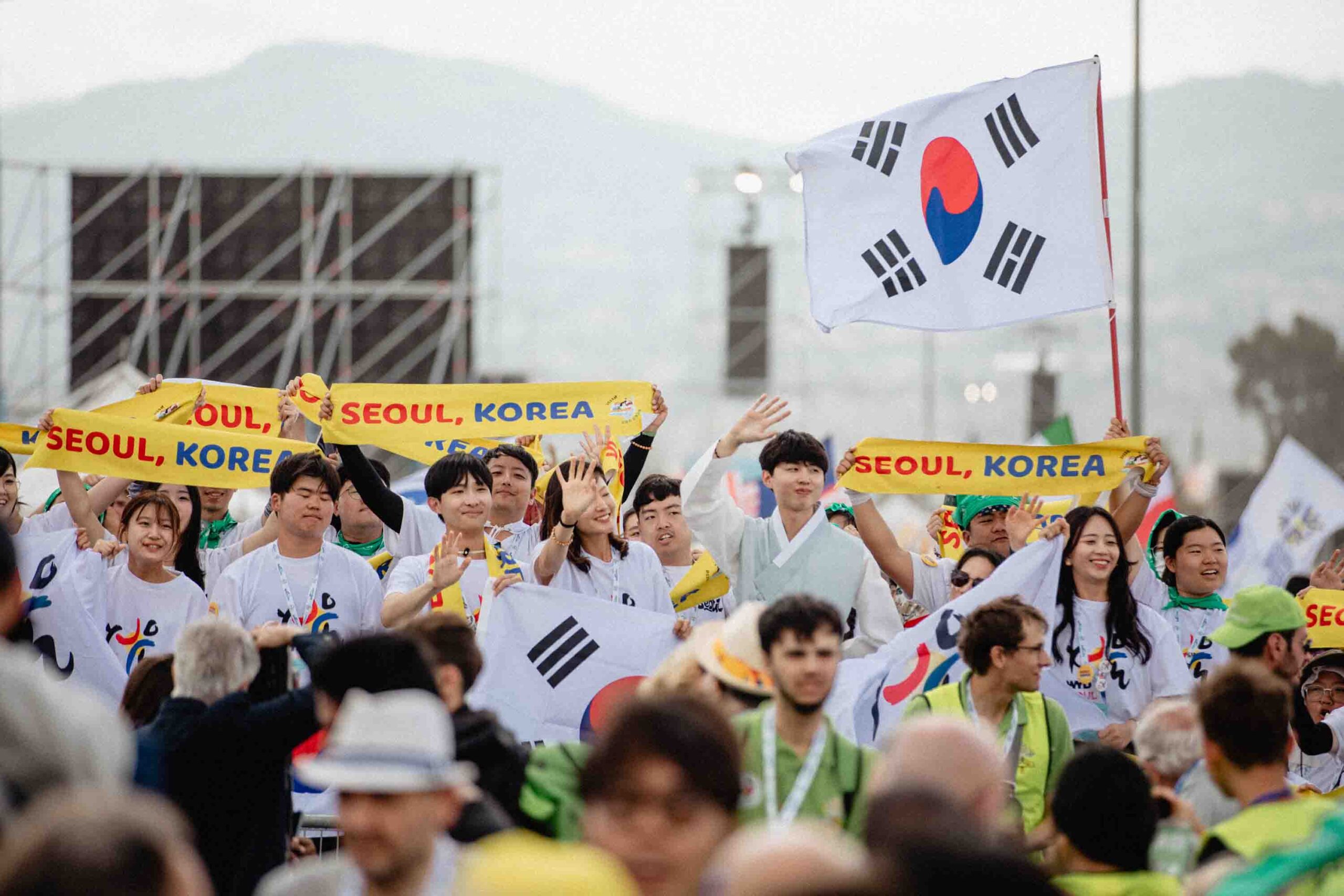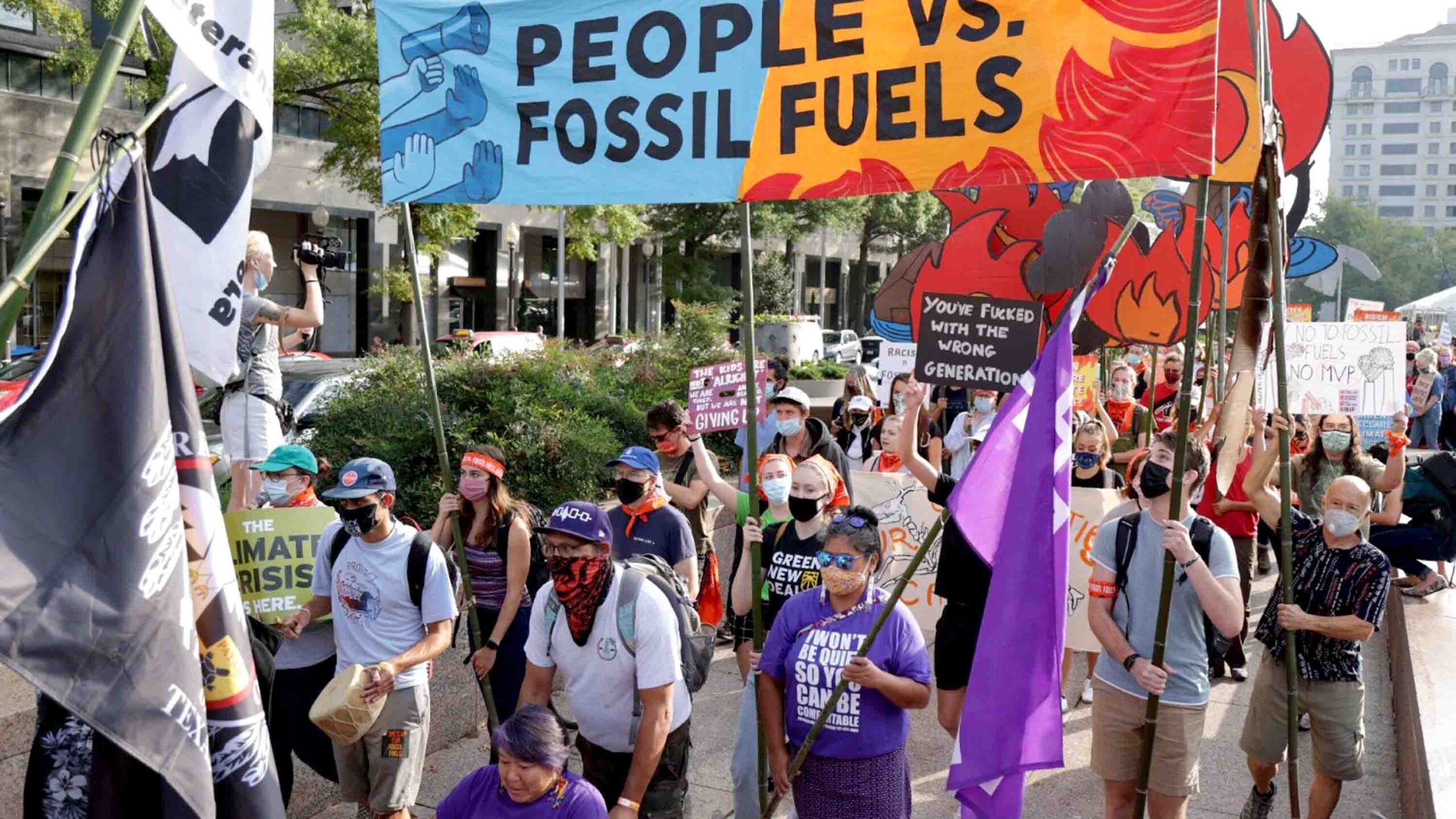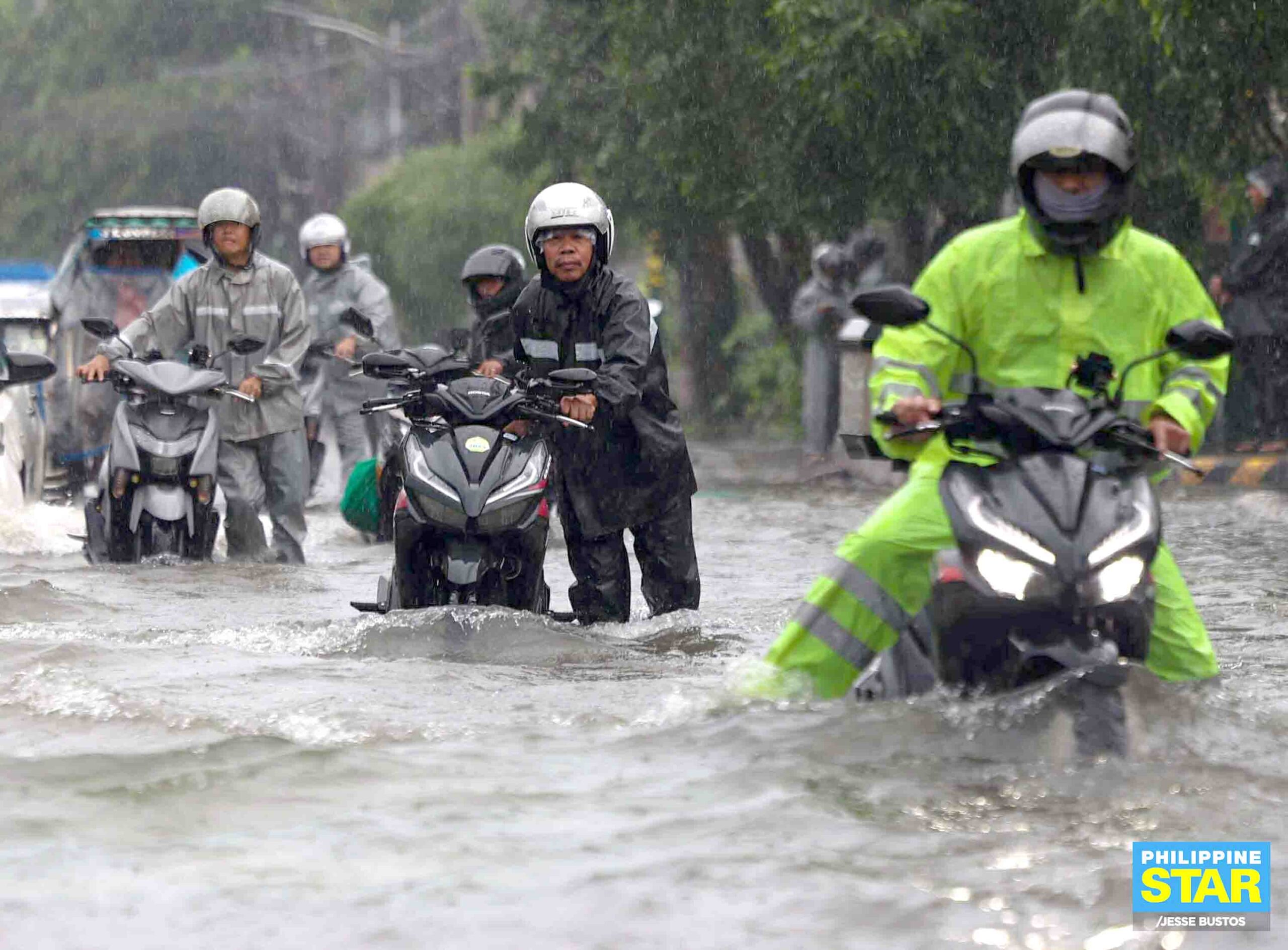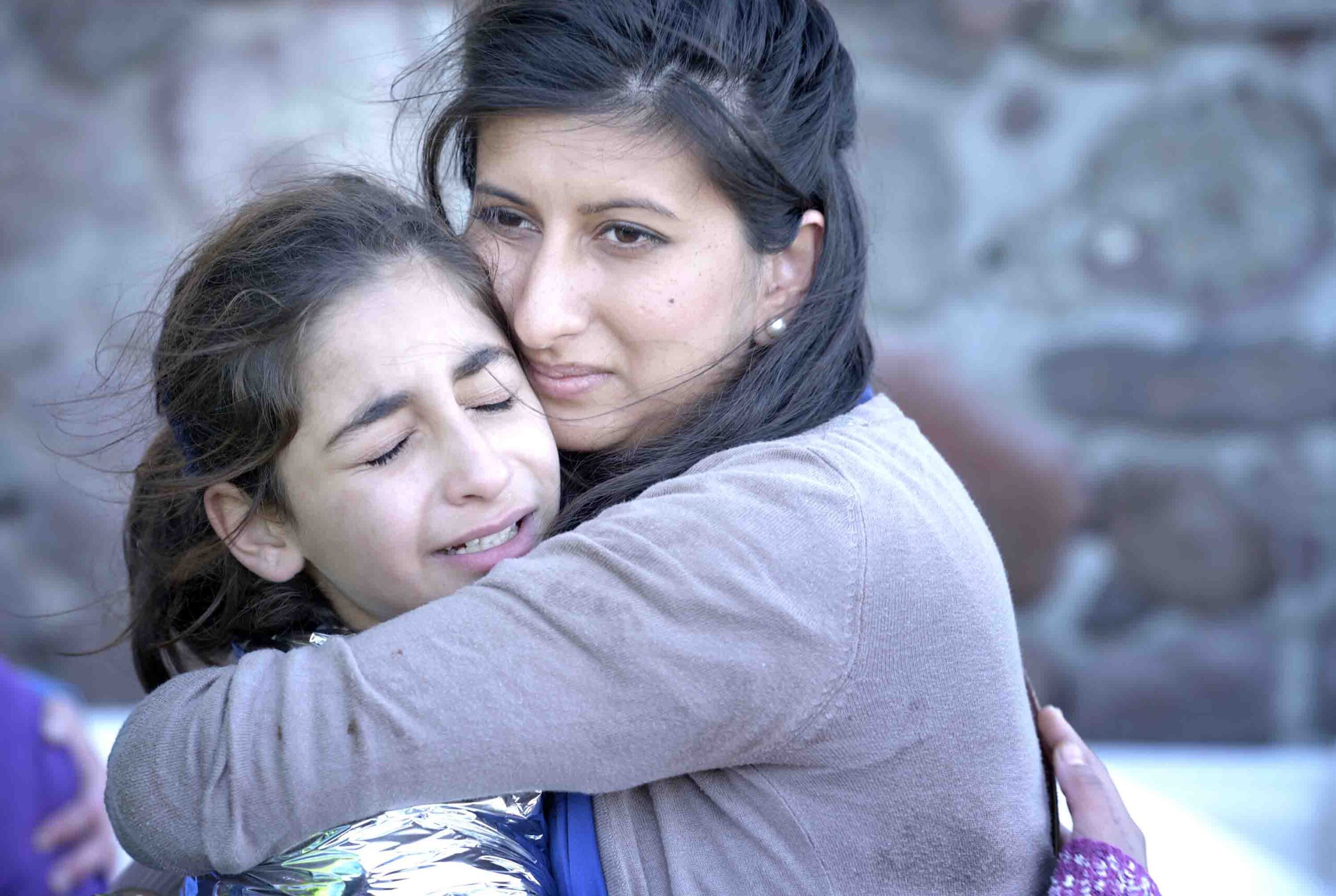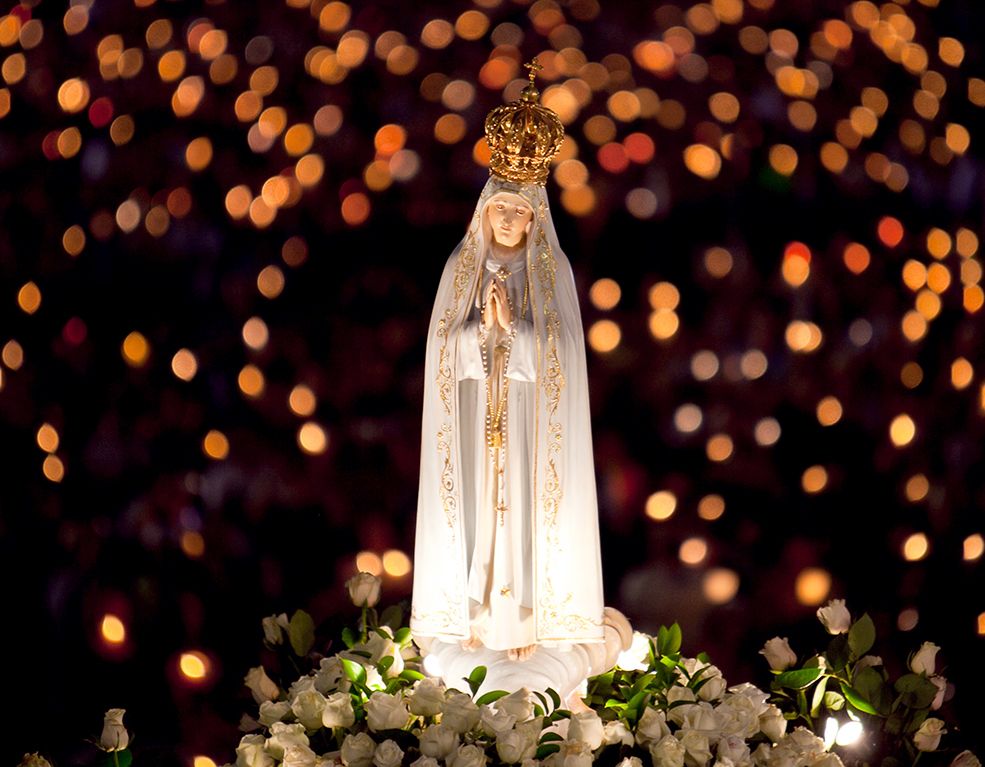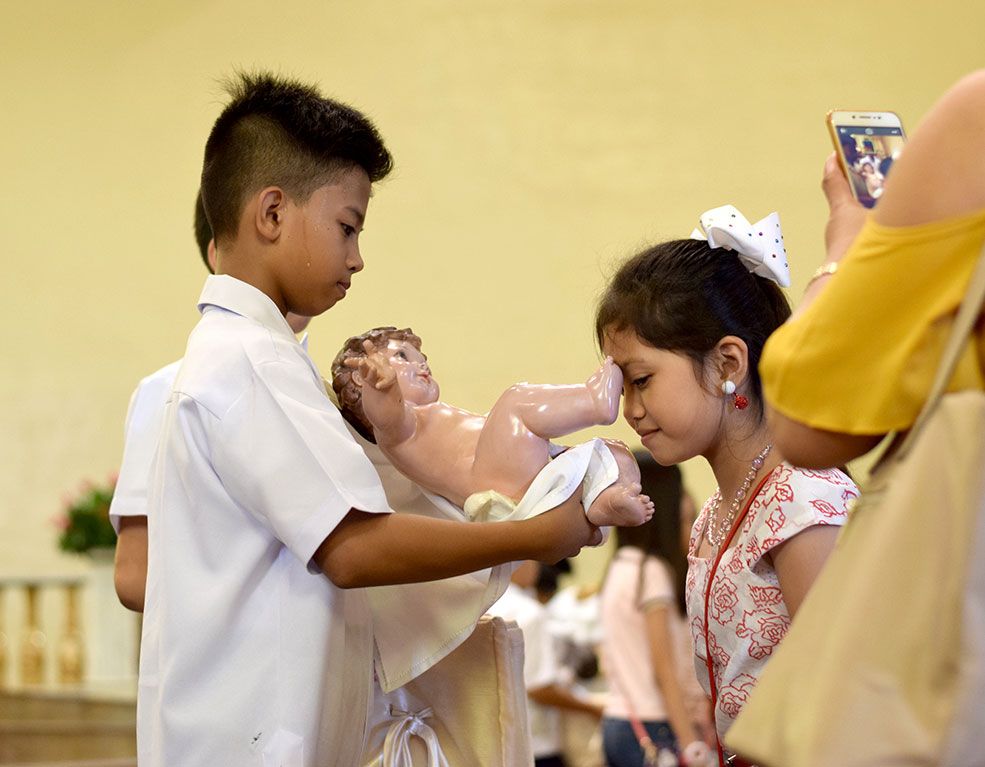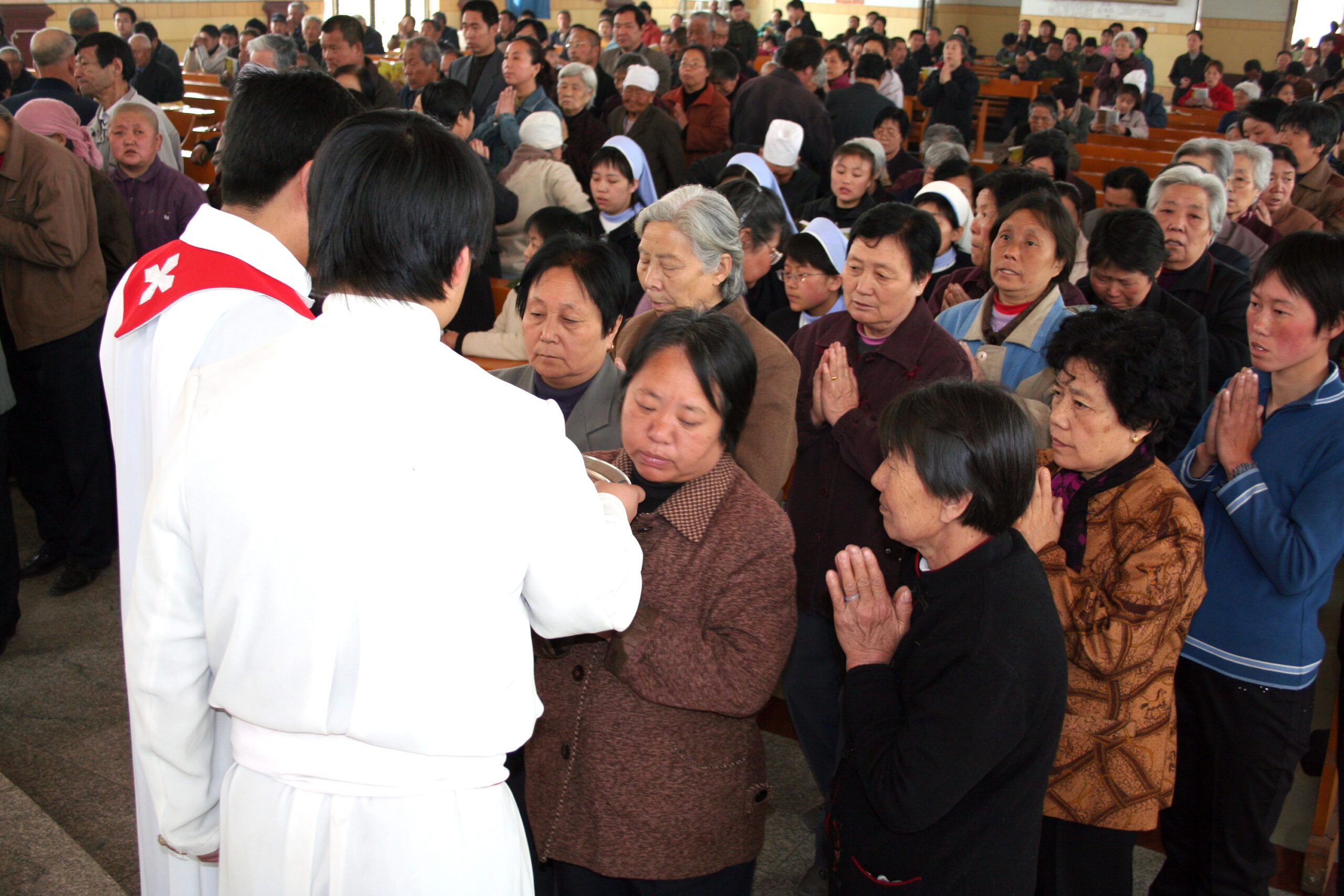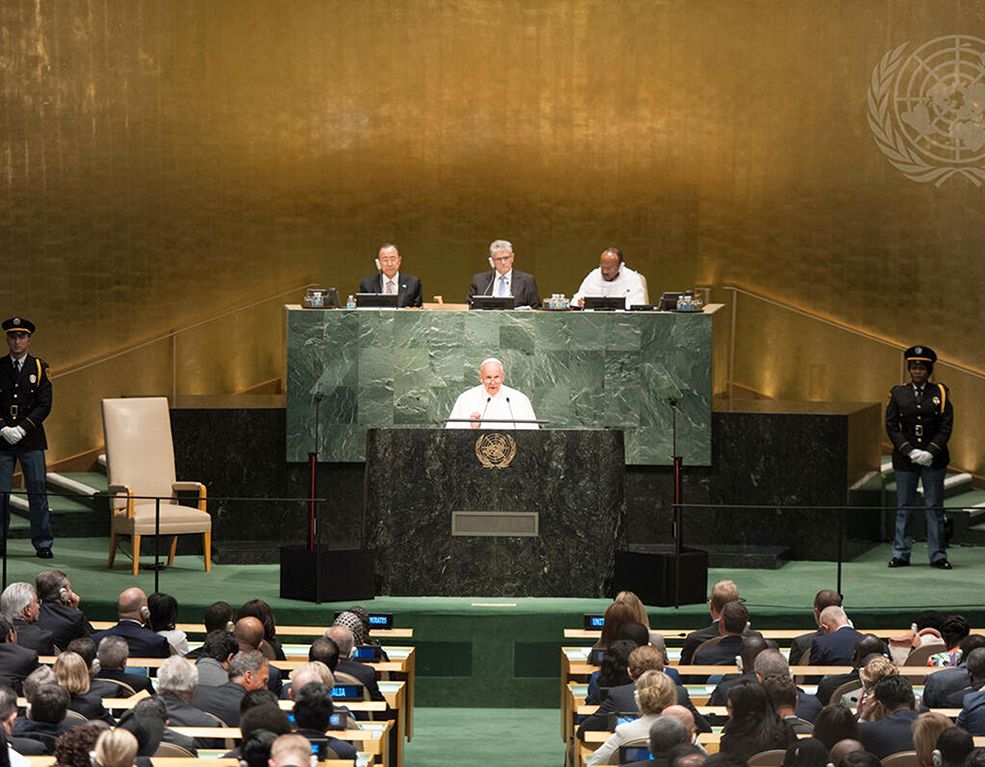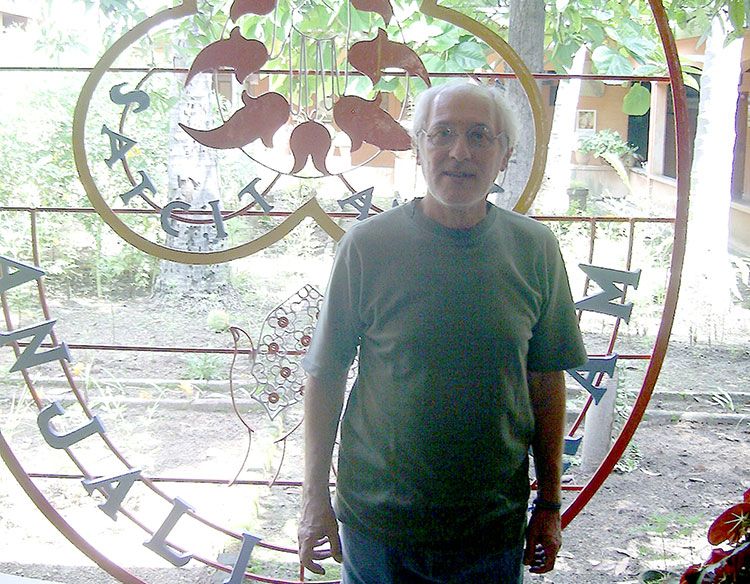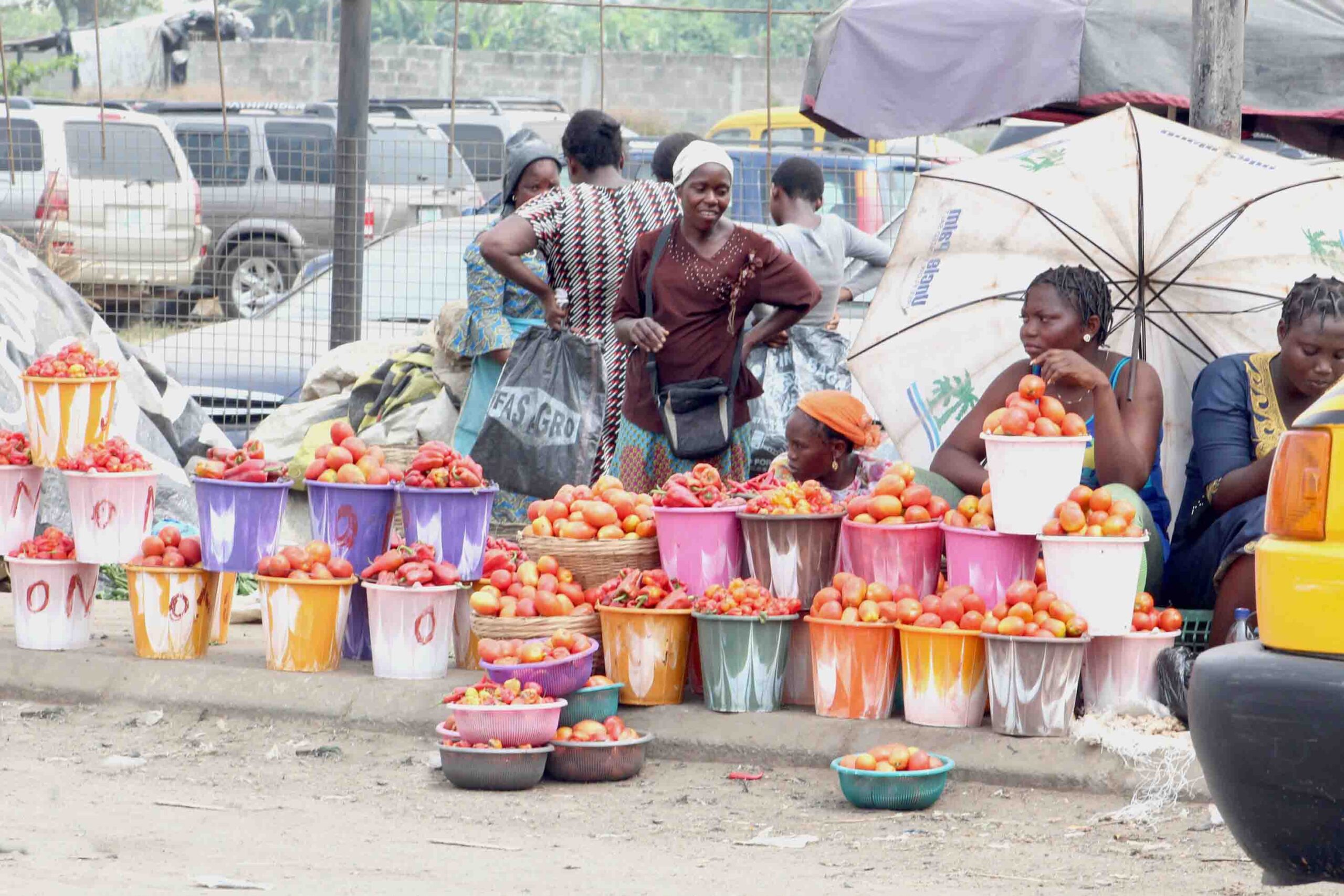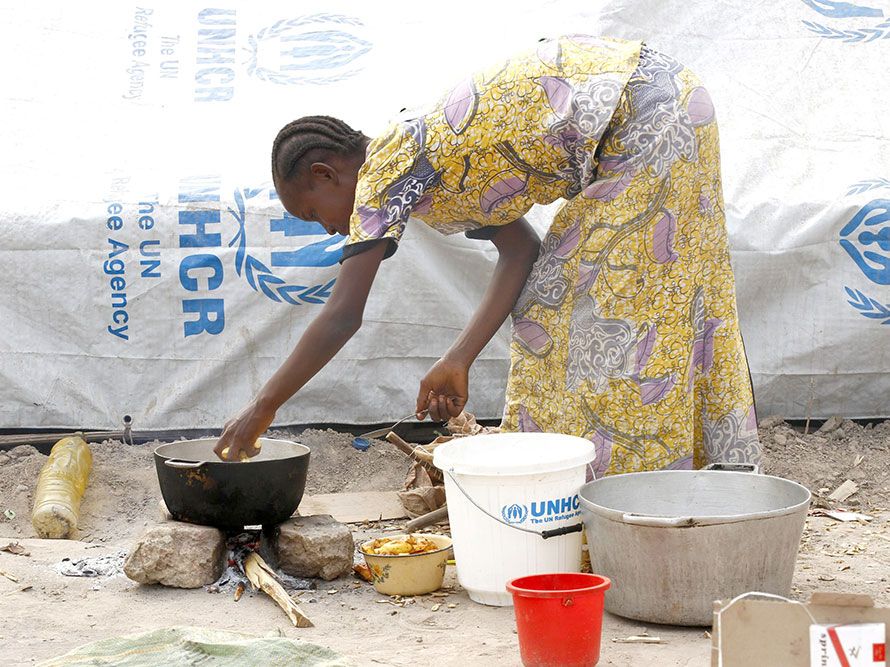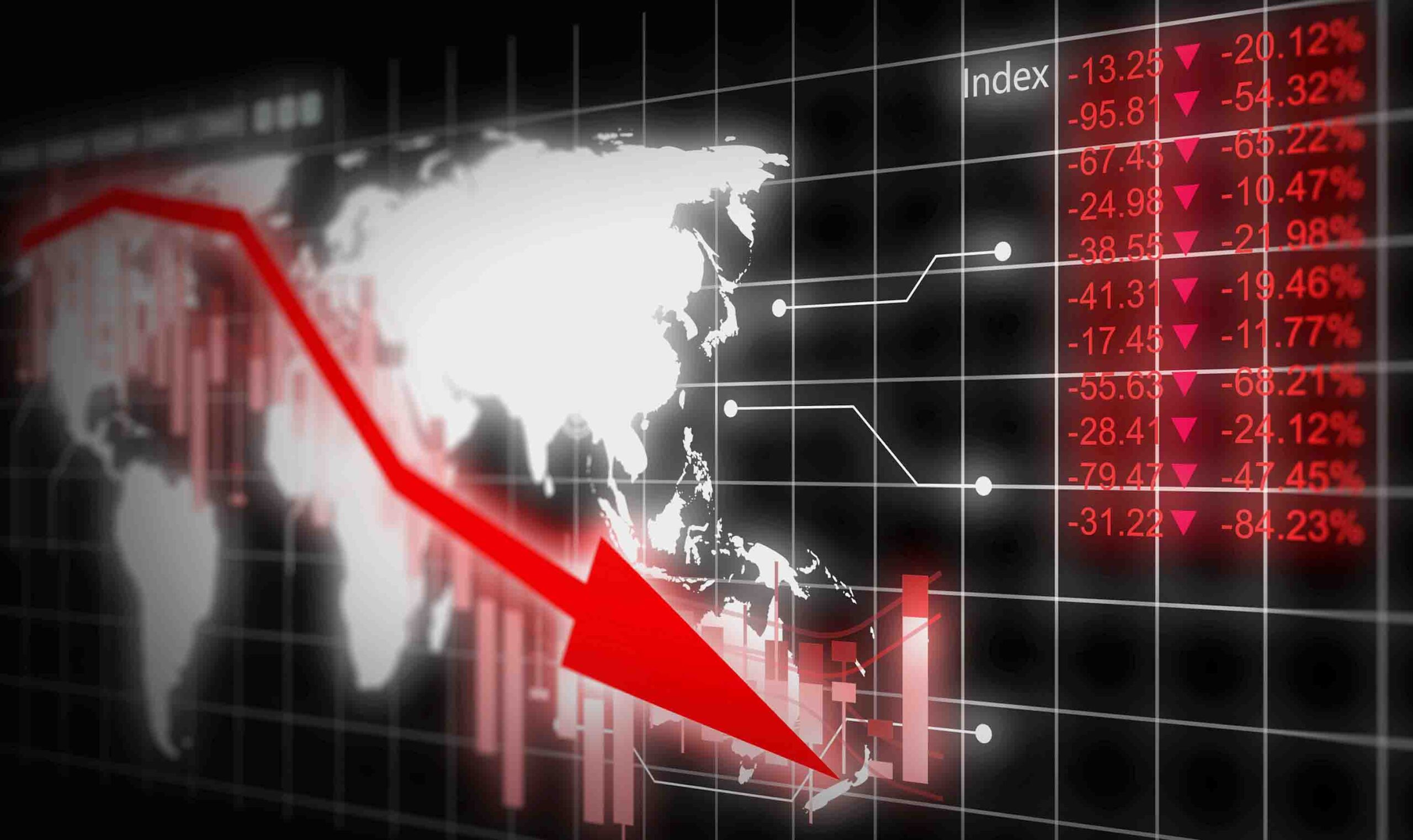Destruction of rainforests is a crime against indigenous people and against a stable climate for the Filipino people. The heating of the oceans and rising sea levels all impact the Philippines. Roxas Boulevard in Metro Manila will be underwater in 20 years. The mango and banana harvests have been badly affected.
For the past ten years, rich countries have promised to reduce greenhouse gases, move away from fossil fuels, and compensate poor countries, but most never did. In fact, CO2 emissions have increased. Corporations have lied, too, by “green-washing” their CO2 polluting projects.
Al Gore revealed at COP27 in Sharm El-Sheikh, Egypt, that “the top 14 individual polluters are all gas and oil fields and their associated facilities, despite their emissions being ‘significantly under-reported’ by 50 percent. Methane leaks and flaring were found to be three times more than what they reported to the UN. Methane is eighty times worse for the atmosphere than CO2.”
In fact, all the oil companies lied again and again and still lie to the world and make billions of extra profits from selling oil and gas at exaggerated prices. United Nations Secretary-General Antonio Guterres said the world is on the road to a fatal crash with its foot on the accelerator for not stopping fossil fuel burning.
Governments of rich nations continue to give financial subsidies to oil exploration companies. “The fossil fuel industry is killing us,” Guterres said, “and leaders are out of step with their people, who are crying out for urgent climate action.”
CLIMATE CRISIS
The climate crisis is getting worse, not better, and the planet is in convulsions. Scientists report that 2022 is the worst year for climate disasters. The Philippines has had the worst series of super typhoons in living memory bringing floods and devastation.
Pakistan had a massive drought with 62 percent less rain and endured temperatures of 40 degrees Celsius. Then the non-stop rains came and 1,500 people died while 33 million people had to flee as one-third of the country was under water.
China, the worst producer of CO2 in the world, had temperatures over 40 degrees Celsius lasting for 70 days, followed by floods. Massive floods also devastated parts of South Korea with twice the average rainfall.
Many died in India, which recorded temperatures as high as 49 degrees Celsius. There was 71 percent lower rainfall and a drought. Huge wildfires raged in Europe with the worst drought in 500 years. Siberia and the United States also experienced their worst droughts in living memory.
Australia lost 3.5 billion dollars due to massive floods. Somalia has suffered from devastating drought for four years, and thousands are enduring famine. Low-lying South Pacific Islands are also going underwater.
The planet has warmed for the past eight years and will continue to get hotter. As a result, we can expect more disastrous climatic events. Despite the call at COP27 for trillions of dollars to be paid by way of justice for the damage caused by the rich countries to the poor, there is little chance that the Philippines will be compensated for the disasters and losses by the more intense typhoons.
The Philippines continues to emit CO2 through its 28 coal-fired power generation plants, which have generated 44.5 percent of its total energy supply since 2015. The government has approved 22 new plants, but they are on hold due to public outcry against them and the Southeast Asian nation’s commitments under the Paris Agreement to reduce CO2 emissions.
There are just a few alternative renewable power generation projects supplying electric power. Renewable and totally free power sources like hydropower, solar panels, wind turbines, geothermal, and biomass are available in the Philippines. They can replace oil and coal and investors need to focus on these renewable energy sources.
Guterres said the promises by rich developed nations to give $100 billion to poor nations under the 2015 Paris Agreement did not materialize. He emphasized the need to double the adaptation support to $40 billion a year by 2025, as agreed at COP26 in Glasgow last year. “Climate destruction is happening now. People are suffering now,” he warned.
The Philippines must phase out the coal plants and go for renewable sources of power. People everywhere can organize as communities and start tree nurseries in their backyards. Since 2002, the Preda Foundation, with the help of the Aeta indigenous people of Zambales in the Philippines, has planted 49,150 mango saplings and other fruit trees on their ancestral lands. Those trees absorb at least 8.3 tons of CO2 every year. Anyone can join this ongoing project by contacting the Preda Foundation.
INDIGENOUS PEOPLE
The indigenous people love nature and the forest and live in harmony with what is left of it. They were hunters and gatherers before the political logging families cut down the rain forests, exported raw logs, and sold them to rebuild Europe and Japan.
The powerful families then claimed ownership of the denuded ancestral lands of the indigenous people. They planted 3.2 million hectares with 325 million coconut trees, making them incredibly rich and powerful enough to rule the Philippines.
The destruction of the Philippine rain forests is a crime against the indigenous people but also against a stable climate for the Filipino people. Greater harm is coming to the Philippines as the planet grows warmer, temperatures increase and rural areas become poorer for millions of small tenant farmers.

